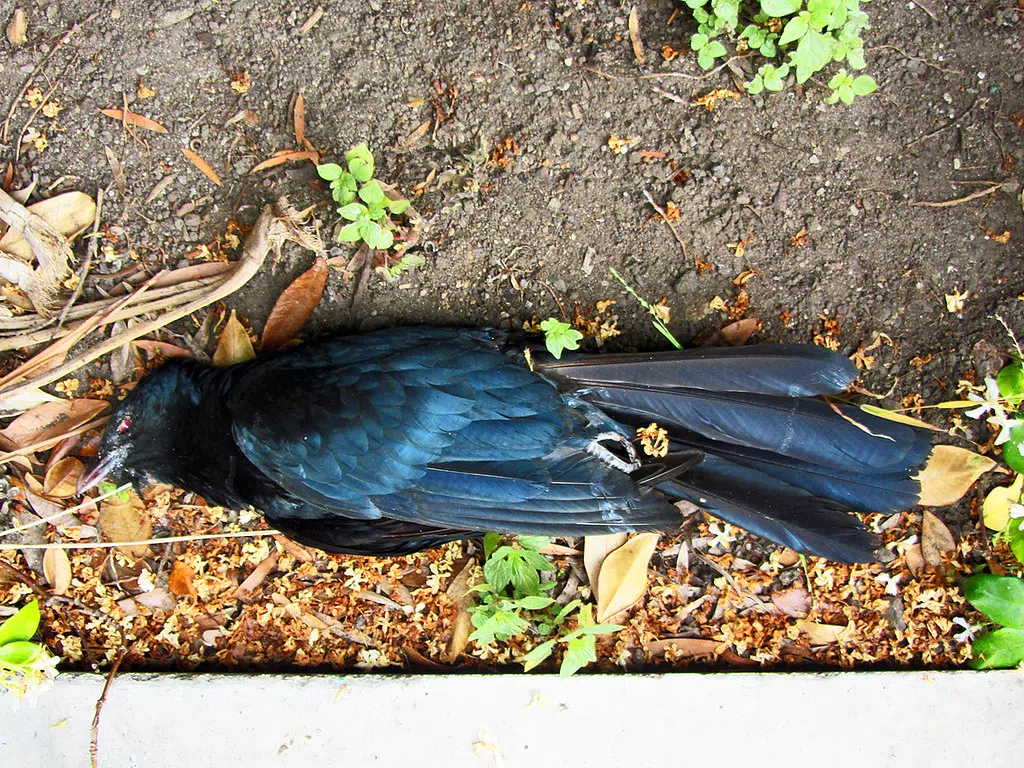The first human case of West Nile Virus in Wisconsin has been identified in Sheboygan County.
The Wisconsin Department of Health Services announced on Monday afternoon only that the case involved a Sheboygan County resident, and provided no further information as to the exact location or date of identification.
The Sheboygan County Division of Public Health’s webpage on West Nile Virus contained no mention of this instance as of Monday afternoon, but did reference current understanding that the virus is spread to people by the bite of a mosquito infected with the virus. Mosquitos acquire the virus when feeding upon infected birds, and can then transmit the virus to other animals including both birds and horses, and humans. Those infections generally occur during warm weather months when mosquitoes are active, however the Wisconsin DHS said that despite cooler temperatures, mosquito activity and the risk of West Nile Virus will continue until the first hard frost. That would require temperatures below 28 degrees Fahrenheit for at least four consecutive hours.
State Health Officer Paula Tran said that “This report of the first case of West Nile Virus in a person is a reminder of the continued importance of taking precautions to prevent mosquito bites and the viruses they carry as we move into the fall. While West Nile virus and other viruses spread by mosquitoes pose a risk to all Wisconsinites, people who have weakened immune systems are at the greatest risk for serious illness.”
So far in 2022, a human West Nile infection has now been reported in the Sheboygan County resident, as have infections in three animals in Wisconsin, two horses and a bird. The animal cases were reported in Trempealeau, Monroe, and Milwaukee counties.
The Sheboygan County Division of Public Health says that persons infected with the West Nile Virus can experience fever, headache, body aches, swollen glands or a skin rash on the chest, stomach and back. In rare cases, it can cause severe disease. Not everyone who is infected will have symptoms.
Most outbreaks of West Nile Virus are identified through the presence of dead birds, the principal victim of the pathogen. A dead bird hotline is maintained by the Wisconsin Department of Health Services at 1-800-433-1610. Callers can report a dead bird, and should also help reduce the mosquito population by emptying standing water from flower pots, buckets and barrels, changing the water in pet dishes and replacing the water in bird baths weekly, ensuring that tire swings have drainholes, and to keep children’s wading pools empty and on their sides when not being used.






Comments